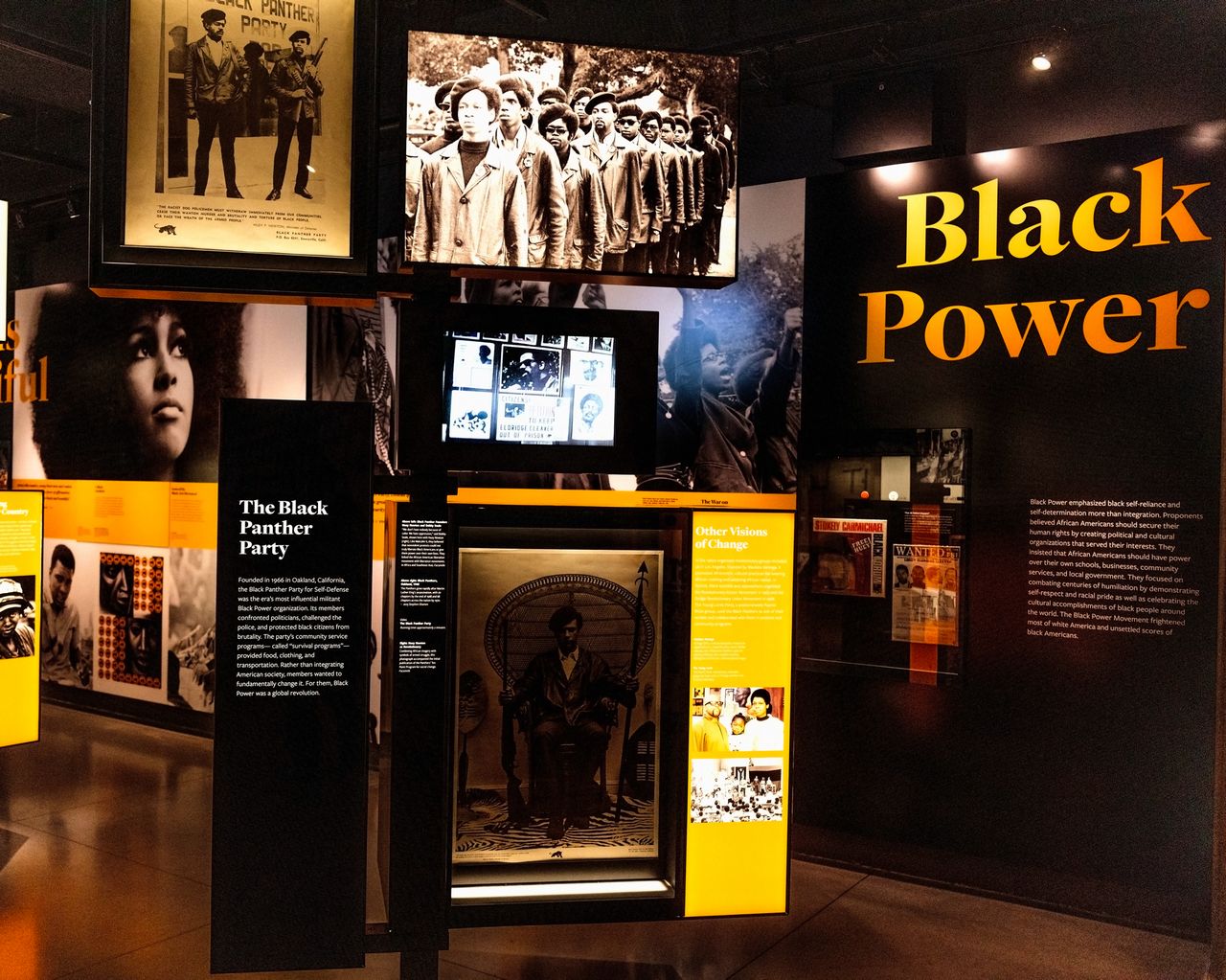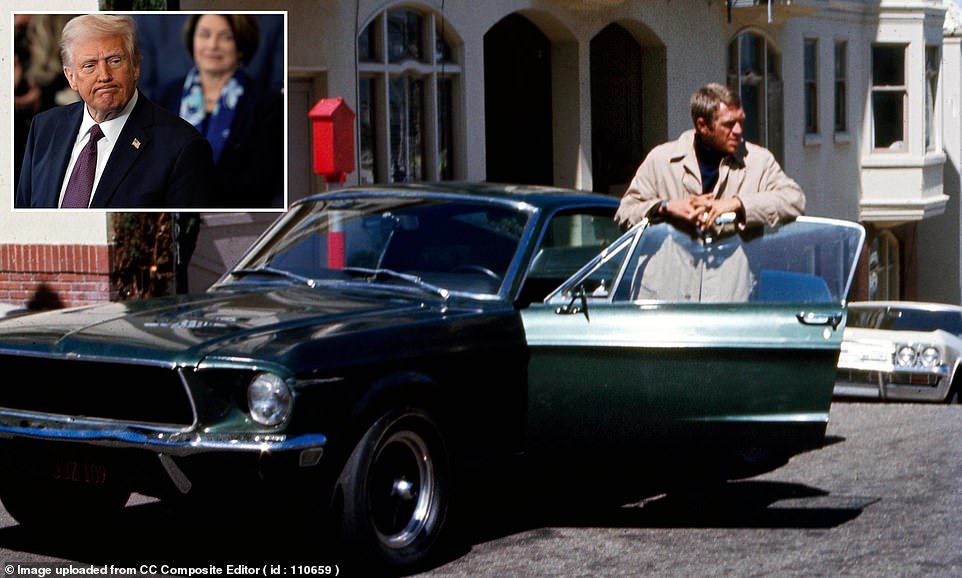Moridit Di Clark, a professor of race and political communications at UNC-CHAPEL HILL, tells Wired that museums are like “public trust” and that the Trump administration’s attack on them is an attempt to dictate and do not belong.
“One of the things that power must do to expand and conquer is to convince people that there is no hope of resistance, and a tool to do so is to destroy the legacy,” Clark says. We tried to tell you: Black Twitter and possible digital emergence. “You can see these patterns everywhere, from the Holocaust and the burning of the book until recent years, the destruction of historical tanks and antiquities in Syria.”
Even if they can be a racist and fanaticism, social media operating systems, from X to Tiktok, are now real media for resistance because digital media has become the main way of communication. Because the facts become much more important than the facts, thanks to artificial intelligence and lack of moderation, information – and our access to it – are much more important. One of the ways to traditionally fight activists and coaches is to create a population curriculum that recommends sources of police abuse, white and race for coaches.
“We saw it with Ferguson and Charlottesville, following the death of the unarmed teenager Michael Brown by the police, and in 2017, following the right demonstration union,” Clark said about the Twitter campaign since 2014, following the death of the unarmed teenager Michael Brown by the police.
Foster says the country was “under” education change “during this time.
“Blacks said that ignorance was no longer defense. People were publishing reading lists and opening their plans. You could suddenly teach yourself on these issues, and I wanted to document it,” Foster says. “When it comes to keeping a formal background, they usually do not care that we think,” he says of the large and often federal institutions.
National libraries and Internet archives were the main institutions dedicated to web cataloging for some time. “Only a small set of people involved in that community,” says Jules.
The non -profit launched in 1996, the Internet archives as a library of a variety: including 835 billion web pages, 44 million books and text and 15 million audio recorders in addition to other antiquities. Many people today think it as a web memory. In April, the Internet archive, which had previously faced legal problems with the World Music Group and Hattra Book Publisher, was targeted by the Ministry of Efficiency of the Elvan Government for its national endowments for the humanities, which supported the archive.
Despite clearing the government, Rudy Frazer, the creator of Boxky, says he “from the preservation efforts” that has been seen so far, including the Harvard Library Innovation Laboratory – which is rescuing the federal data collection – and companies such as the media atmosphere, which can see the continent, scan and scan and scan.





